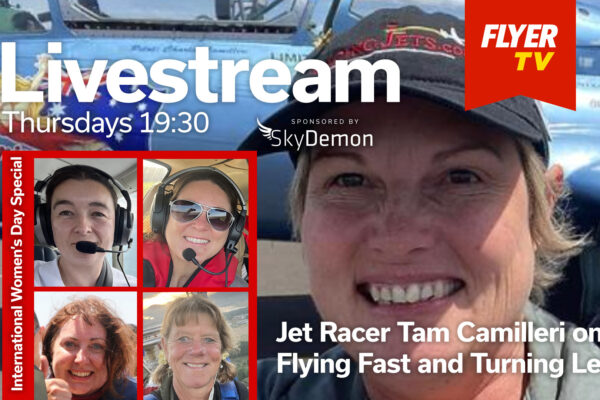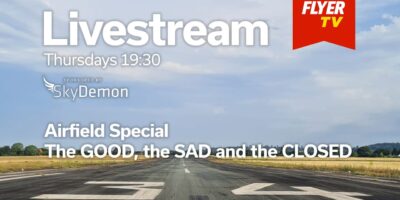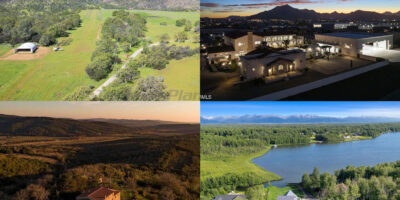British Antarctic Survey pilot Vicky Auld embodies the spirit of adventure and resilience required to fly in one of the world’s harshest environments. Her story is one of determination, adaptability, and a love for the extraordinary landscapes of Antarctica.
Currently stationed at the Rothera Research Station on the Antarctic Peninsula, Vicky is part of a small team of pilots operating five aircraft, including the versatile Twin Otter and the Dash 7. These aircraft are indispensable to the British Antarctic Survey (BAS), enabling critical scientific research and logistical support across the continent. Auld’s journey to this unique role is as unconventional as the job itself. Initially a meteorologist for BAS, she was inspired to take up flying after several trips as a co-pilot. Encouraged by her colleagues, she began flight training in her early thirties, eventually combining her passion for aviation with her deep knowledge of Antarctic operations.
Flying in Antarctica is no ordinary task. Pilots face unique challenges, from landing on remote, snow-covered sites to managing operations in extreme cold. The Twin Otter, often described as the “Land Rover of the skies,” is equipped with wheel-skis to navigate both gravel runways and icy expanses. Auld highlights the critical nature of their adaptations, such as de-icing boots and extended fuel tanks, which ensure reliability in an unforgiving environment.
Safety and precision are paramount. BAS pilots undergo years of training to master techniques like assessing unprepared landing sites – meticulous preparation is vital, even minor misjudgments can lead to operational delays or damage to the aircraft.
The logistical complexity of Antarctic flying extends beyond the cockpit. Auld and her colleagues often have to dig out fuel drums buried by snow fall, manage cargo, and even sleep in the field during multi-day missions. Despite the physical demands, she describes the experience as deeply rewarding, offering unparalleled views and the satisfaction of supporting groundbreaking scientific work.
Rothera serves as the hub for these operations. While the station offers relative comfort—including excellent food and a close-knit community—life in the field contrasts starkly. Scientists and pilots working in remote sites face isolation and severe weather, sometimes waiting days for conditions to improve.
Antarctic aviation is not without its risks. Auld recounts instances of field repairs conducted in sub-zero temperatures, highlighting the resilience and ingenuity of the BAS engineering team. From minor inspections to significant structural fixes, the ability to adapt under pressure is a hallmark of BAS operations.
For Auld, the challenges are outweighed by the rewards. The vast, pristine landscapes of Antarctica provide a unique backdrop to her work, and the Twin Otter remains her favorite aircraft, capable of reaching locations inaccessible to others. “It might be noisy and slow, but it’s a remarkable machine,” she says with evident pride.
Auld’s advice to aspiring Antarctic pilots underscores the importance of preparation and lifestyle alignment. With long seasons away from home and physically demanding work, the role requires a unique blend of skills and commitment. “Get in touch with a BAS pilot and learn as much as you can about the job before applying,” she suggests.
Her story is a testament to the enduring allure of exploration and the vital role of aviation in advancing our understanding of one of the planet’s final frontiers. Whether ferrying scientists to remote drilling sites or navigating the intricate dynamics of Antarctic weather, Vicky Auld exemplifies the courage and expertise needed to thrive in this extraordinary field.
Enjoy the video!






